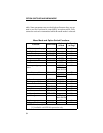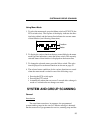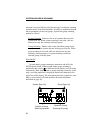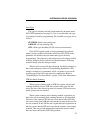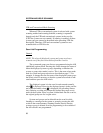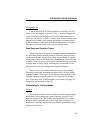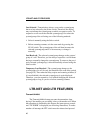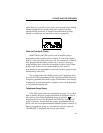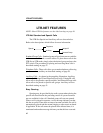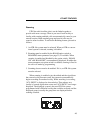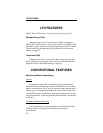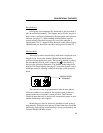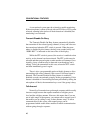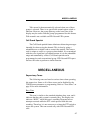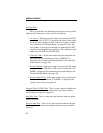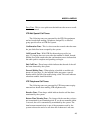
LTR-NET FEATURES
42
LTR-NET FEATURES
NOTE: Other LTR-Net features are described starting on page 40.
LTR-Net Standard and Special Calls
The LTR-Net Special and Auxiliary calls are shown below.
Refer to the descriptions which follow for more information.
Standard Group Calls
- Standard group calls are between two mobiles
or between a mobile and a control station. To place these calls in the
LTR-Net or LTR mode, simply select the desired group and press the
PTT switch. The procedure for placing and receiving these calls is
described starting on page 27.
Telephone Calls
- These calls allow you to make telephone calls using
your transceiver, and they are described starting on page 29.
Auxiliary Calls
- As shown in the preceding illustration, Auxiliary
calls include Unique ID and Directed Group calls. Unique ID calls
allow calls to be placed to specific mobiles, and Directed Group calls
allow calls to be placed to specific talk groups. Auxiliary calls are
described starting on page 31.
Busy Queuing
Queuing may be provided by the radio system when placing the
special calls described in the preceding section if system resources
are not available for the call. Standard group calls are not queued.
When a call is placed in a queue, a voice message informs you that
this has occurred. Then when resources become available, the call is
automatically placed and the normal ringing or other tones are heard
if applicable. If the call cannot be placed in the allotted time, it is
terminated and another message informs you that this has occurred.
Special
Telephone
Auxiliary
Directed Group
Unique ID



